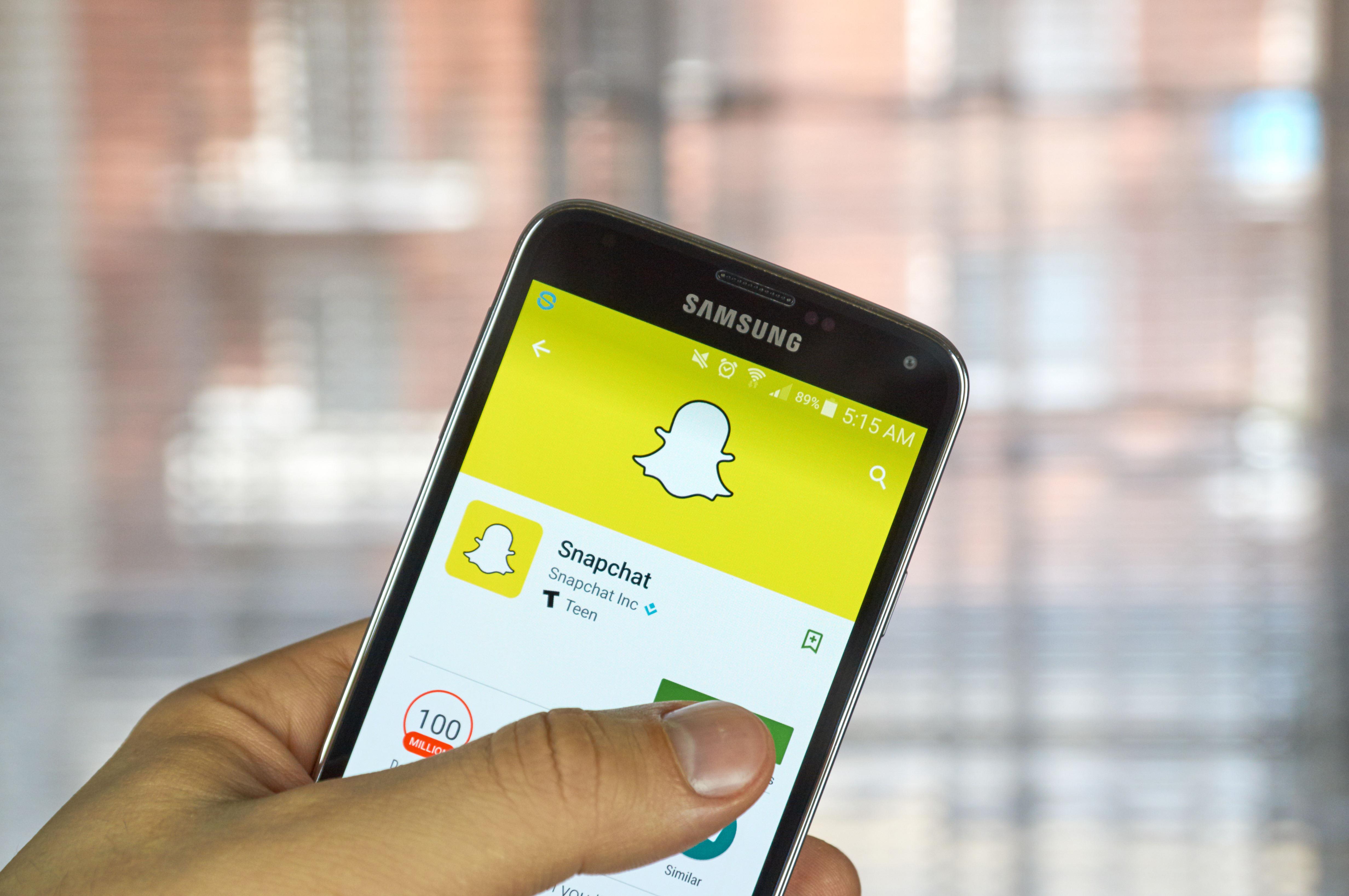Snap files IPO – buts says it might never be profitable
The move, which some US financial analysts predict will be the biggest tech floatation of the year, had been widely predicted. There is still though a great deal of speculation as to Snapchat’s valuation with the FT suggesting a figure of between $20bn and $25bn, which would enable the company to raise $3bn.

At the Digital Innovators’ Summit in March the company’s vice president of content Nick Bell will deliver one of the keynote speeches. Nick will be outlining Snap’s post-IPO content vision and how it sees its future as a ‘camera company.’
Interestingly, while the report accompanying the announcement confirmed that Snapchat now has 160 million daily users and made $404 million in revenue last year, it is running at a loss of $515 million per year.
The company also stated that it is expected “to incur operating losses in the future, and may never achieve or maintain profitability.” That has not deterred would be investors though. Despite the losses – and that warning – some see Snapchat as the next potential Facebook, said CCS Insights analyst Martin Garner.
“If it can repeat the Facebook story to some extent, it’s going to be hugely profitable,” he told the BBC.
What is exciting investors is that like Facebook Snapchat has shown that it is possible to evolve its core offering and keep its users on board. In 2016 it launched Snapchat Discover, a service which enables invited media companies to create bespoke content for its young audience. The company also recently innovated with the launch of Snapchat Stories where users can aggregate videos and images. It also branched out into hardware with the debut of Snapchat Spectacles late last year.
Some analysts though have doubted whether the company will ever be able to compete with its more established rivals in generating income for its shareholders. “Snapchat is challenging Facebook and Instagram in terms of features, but certainly not in revenue,” said Deborah Aho Williamson, principal analyst at eMarketer.
There are also many variables which could impact on the long term profitability of the company. In a report Bloomberg noted that Snapchat uses Google for most of its computing, storage and bandwidth, and any disruptions to Google’s cloud functioning could“seriously” hurt its business.
Also because of the way it works on mobile devices Snapchat is heavily reliant on Google’s Android operating system and Apple Inc.’s operating system, over which it has no control. Snap also competes with those companies.
There is also the issue of the speed in which rival services like Instagram and Facebook have been able to copy Snapchat’s innovations. Business Insider noted that since Instagram has launched a similar feature to Stories the use of the feature on Snapchat has declined.
It quotes marketing agency Fighter Interactive which says Snapchat opens have decreased by at least 15 per cent for some big social media stars.
Others have suggested that by focusing too heavily on advertising Snapchat might start to undermine its relationships with its core users base.
Writing in Wired Dave Pierce concluded “as the Stories format becomes utterly commoditised and every app becomes a place for you to share videos with silly faces drawn on top, Snap has to prove it wasn’t just the first out the gate with a good idea. It has to prove it’s onto something bigger than that. For Snap to be more than just a flash in the public pan, eventually swallowed whole by one of those many competitors, it has to prove it’s always been on a bigger, longer quest.”
If it does have three billion dollars in its war chest post the IPO it will certainly have the resources and the time to attempt to prove its critics wrong.
Discussions about the future of Snapchat and other social platforms are likely to feature prominently at the 2017 Digital Innovators’ Summit in Berlin. For more information click here.
More like this
The Economist is joining Snapchat Discover
Snapchat just changed how you watch Stories and buried its Discover section
Snap Inc. VP of content latest speaker to be added to DIS 2017 programme








